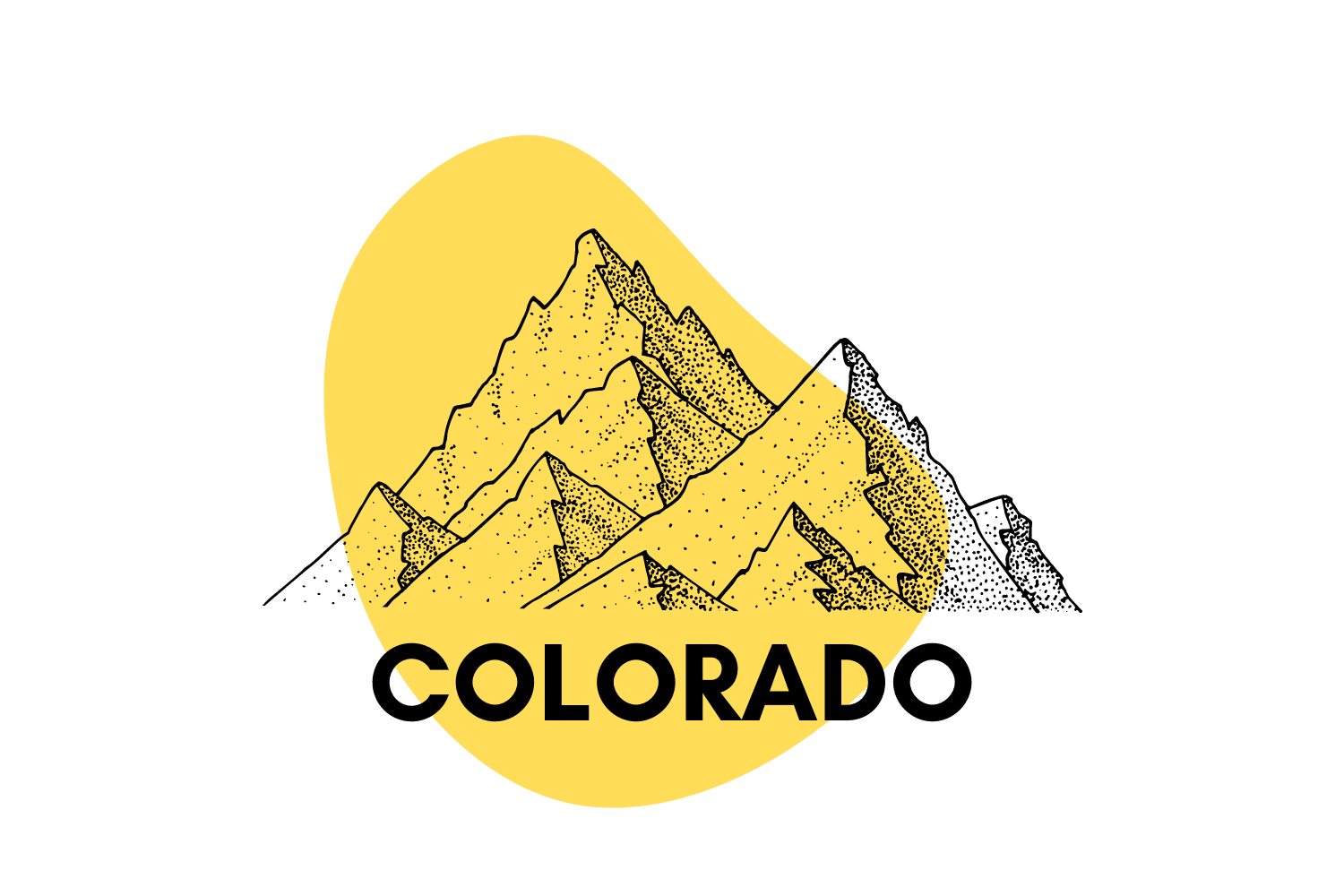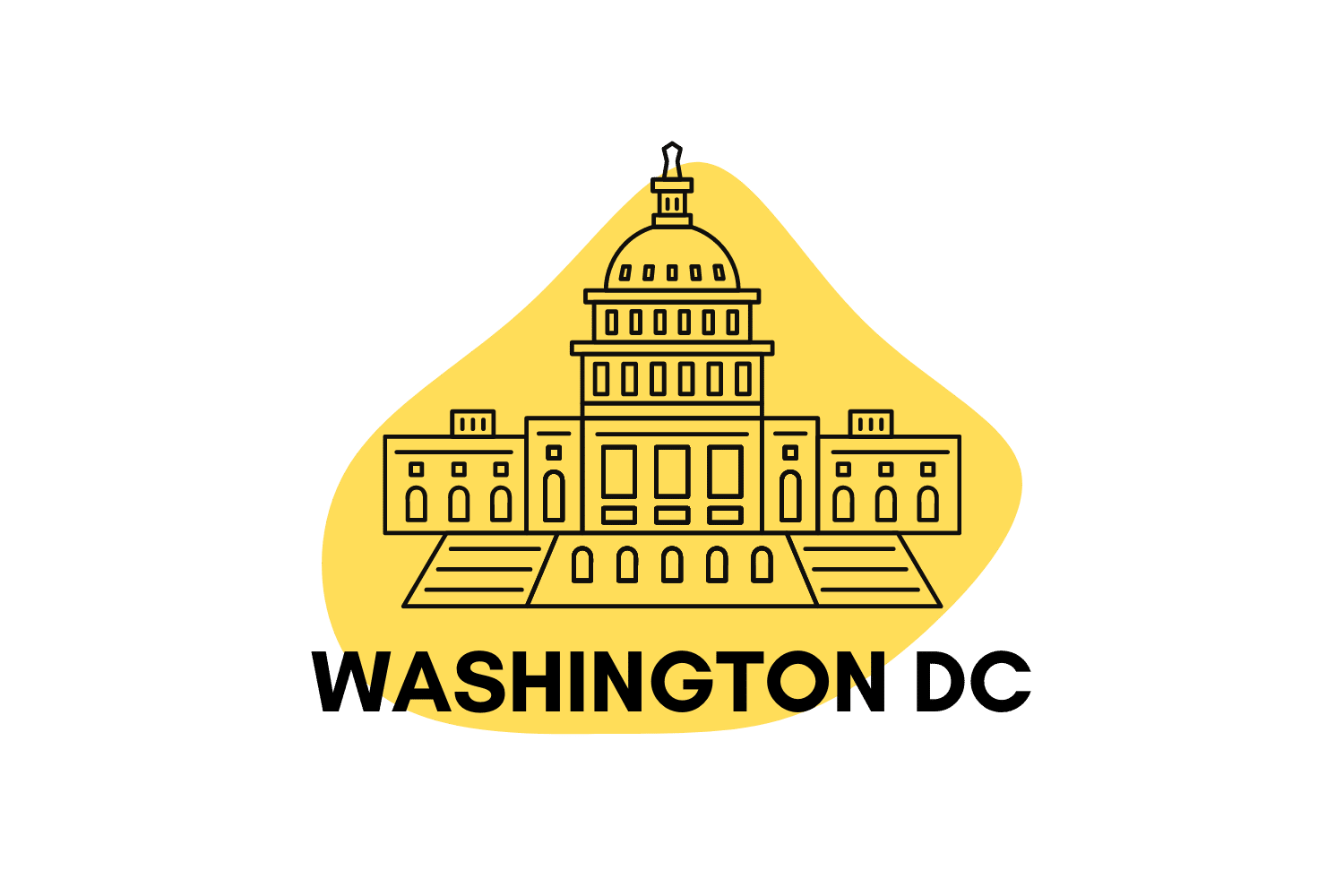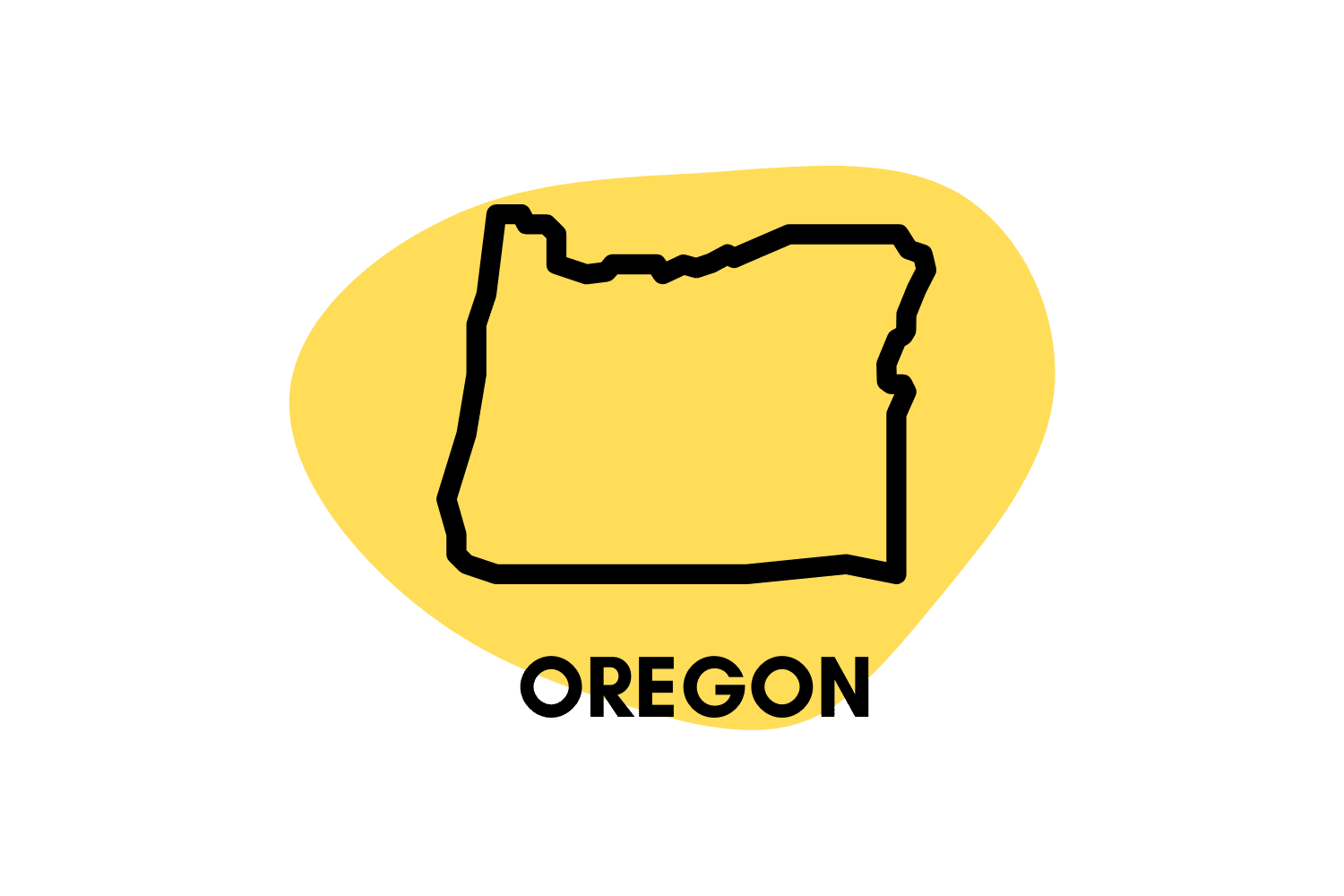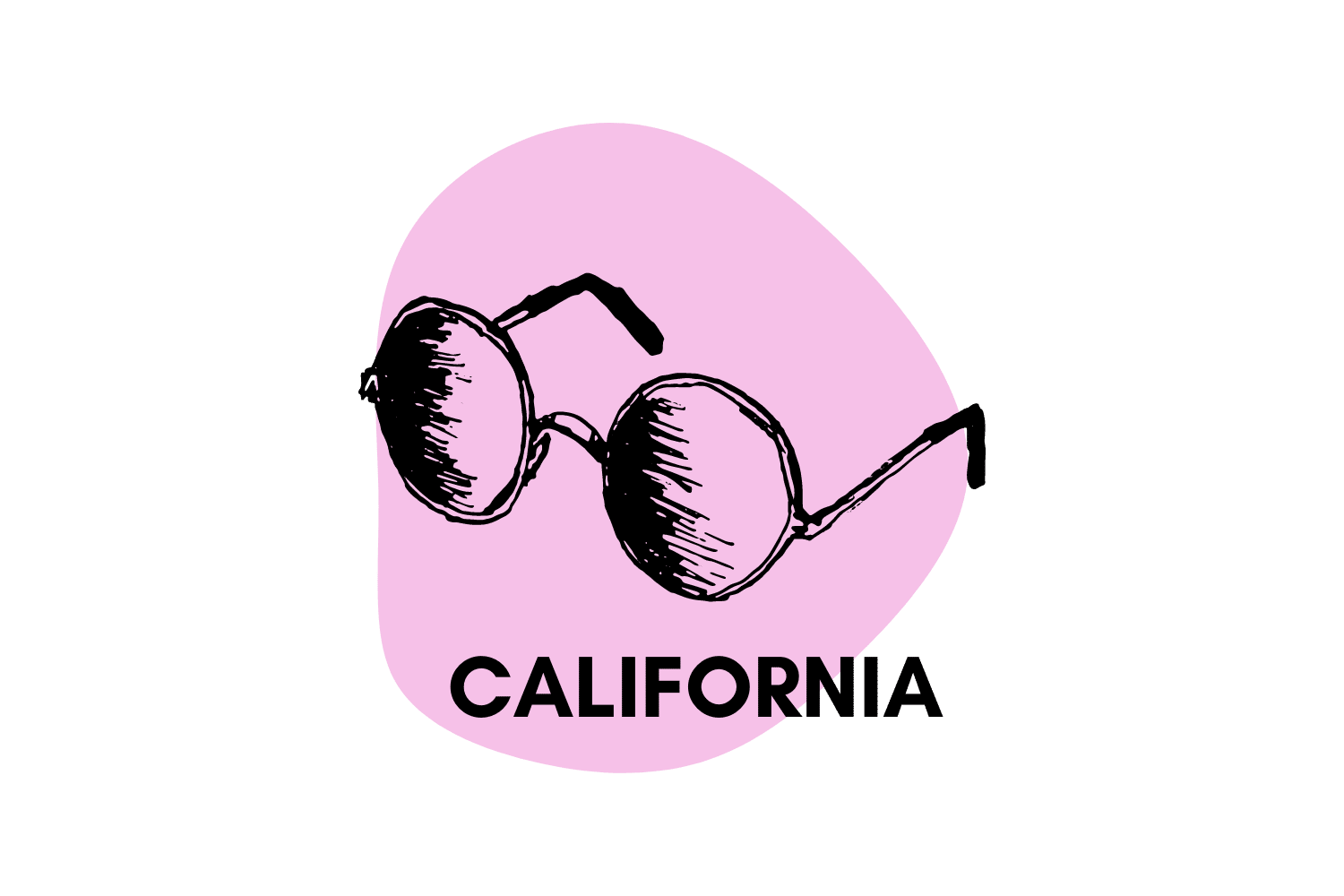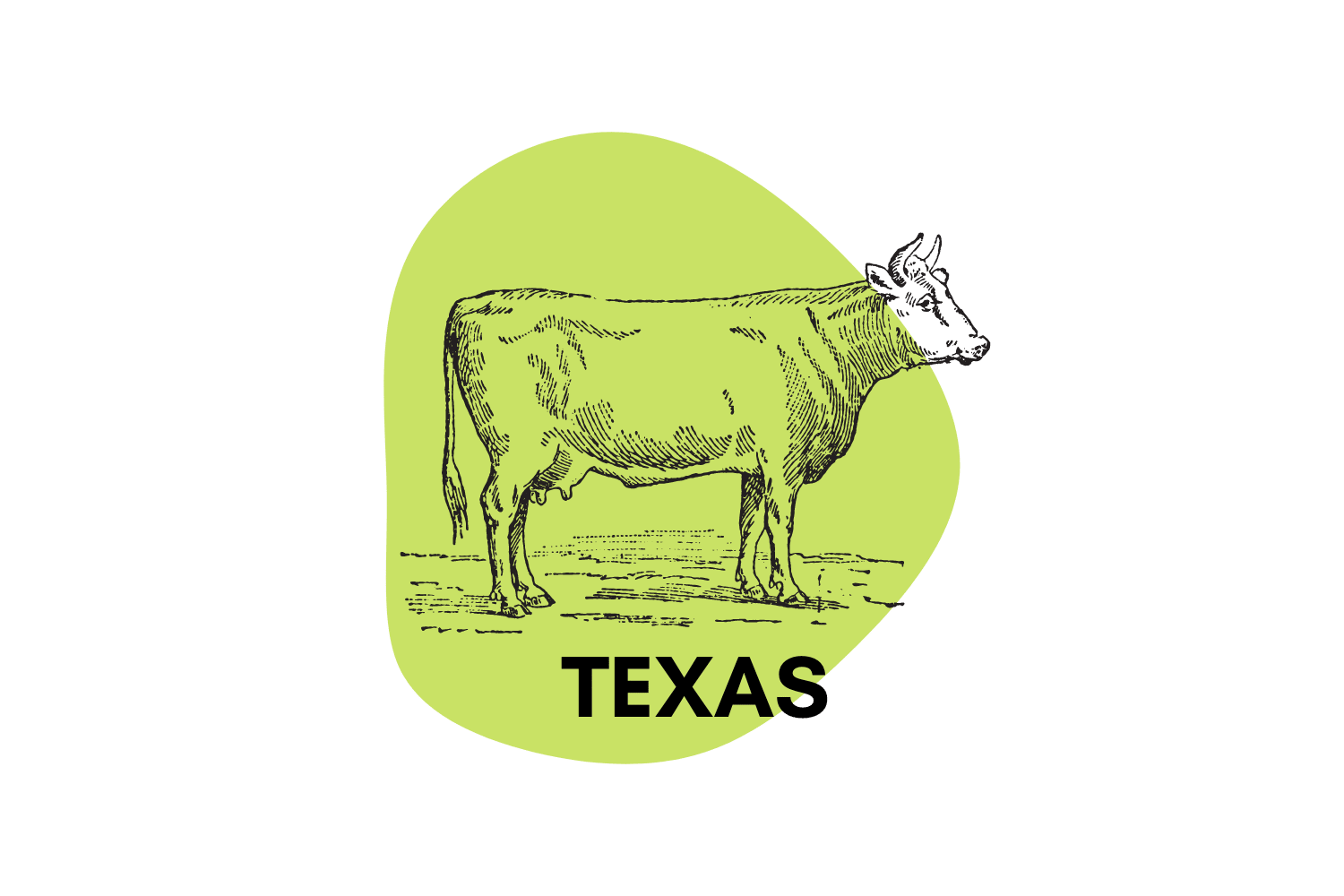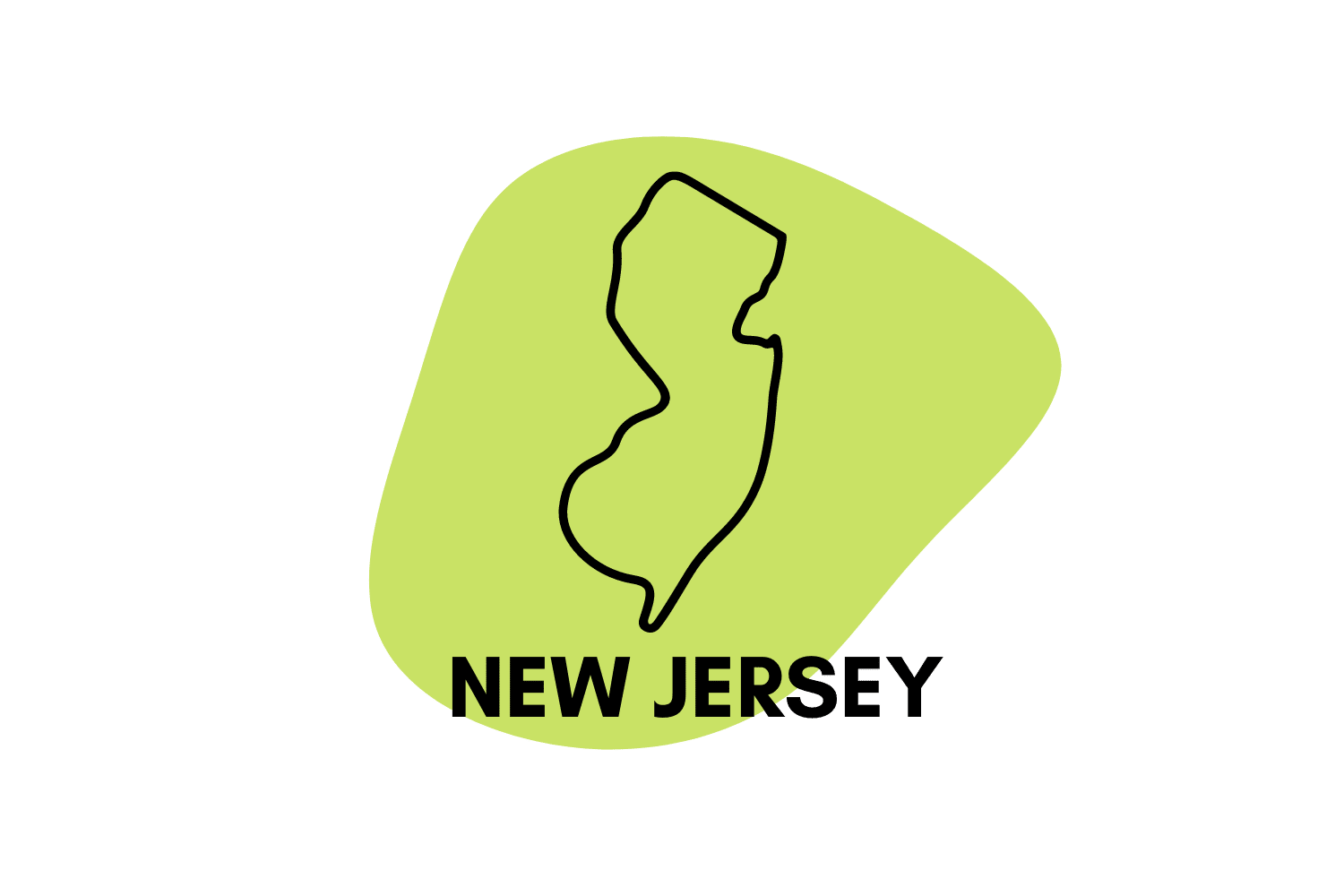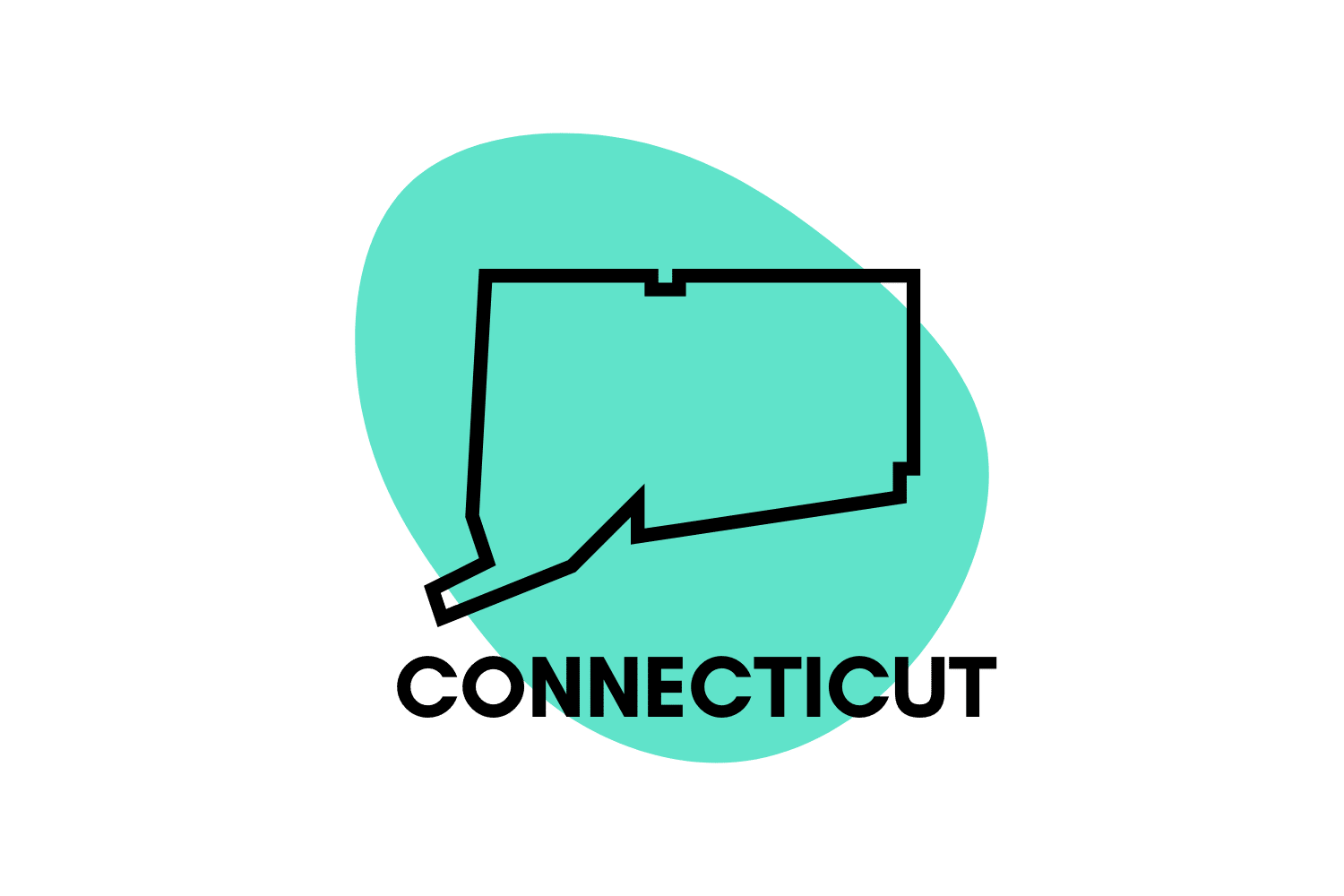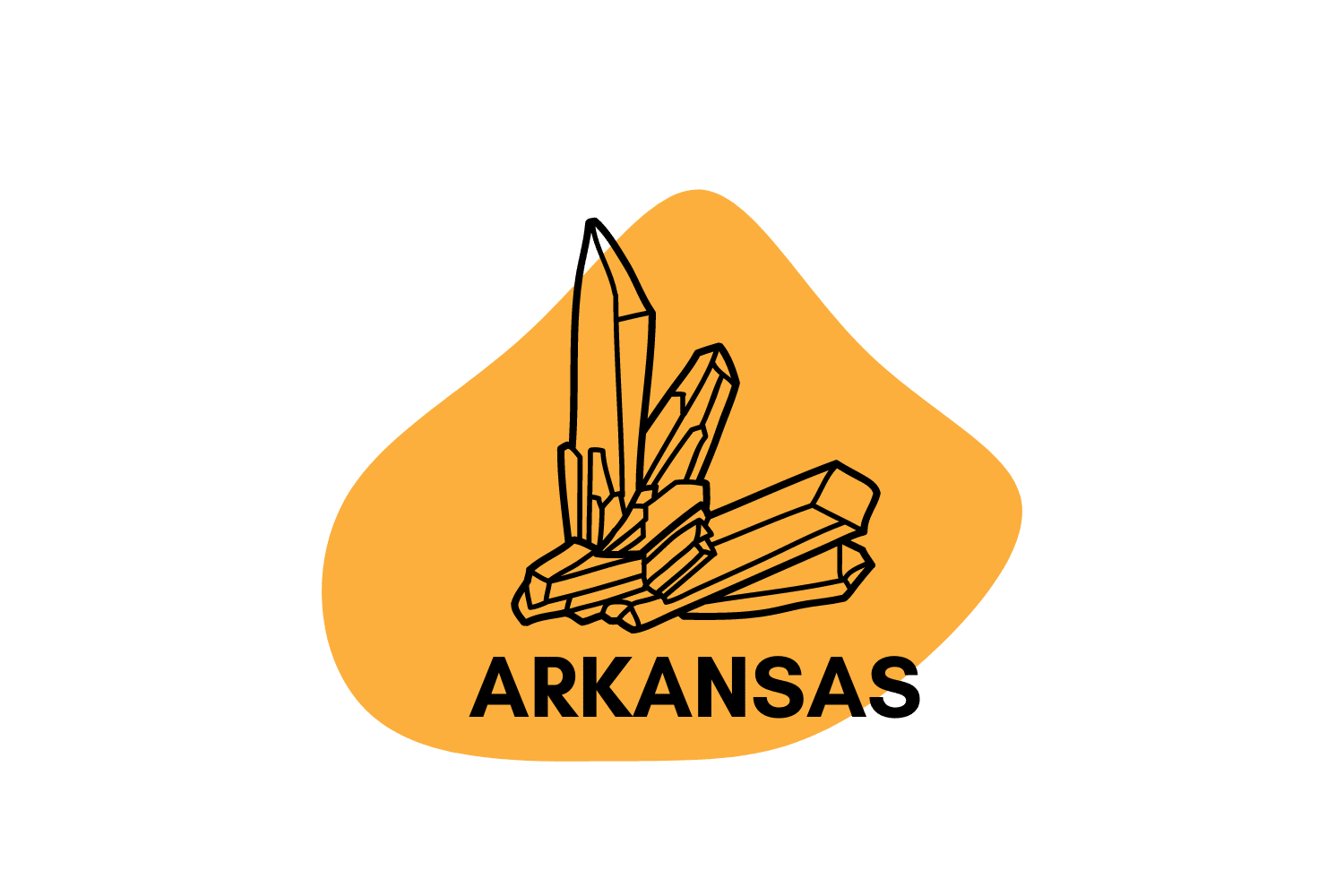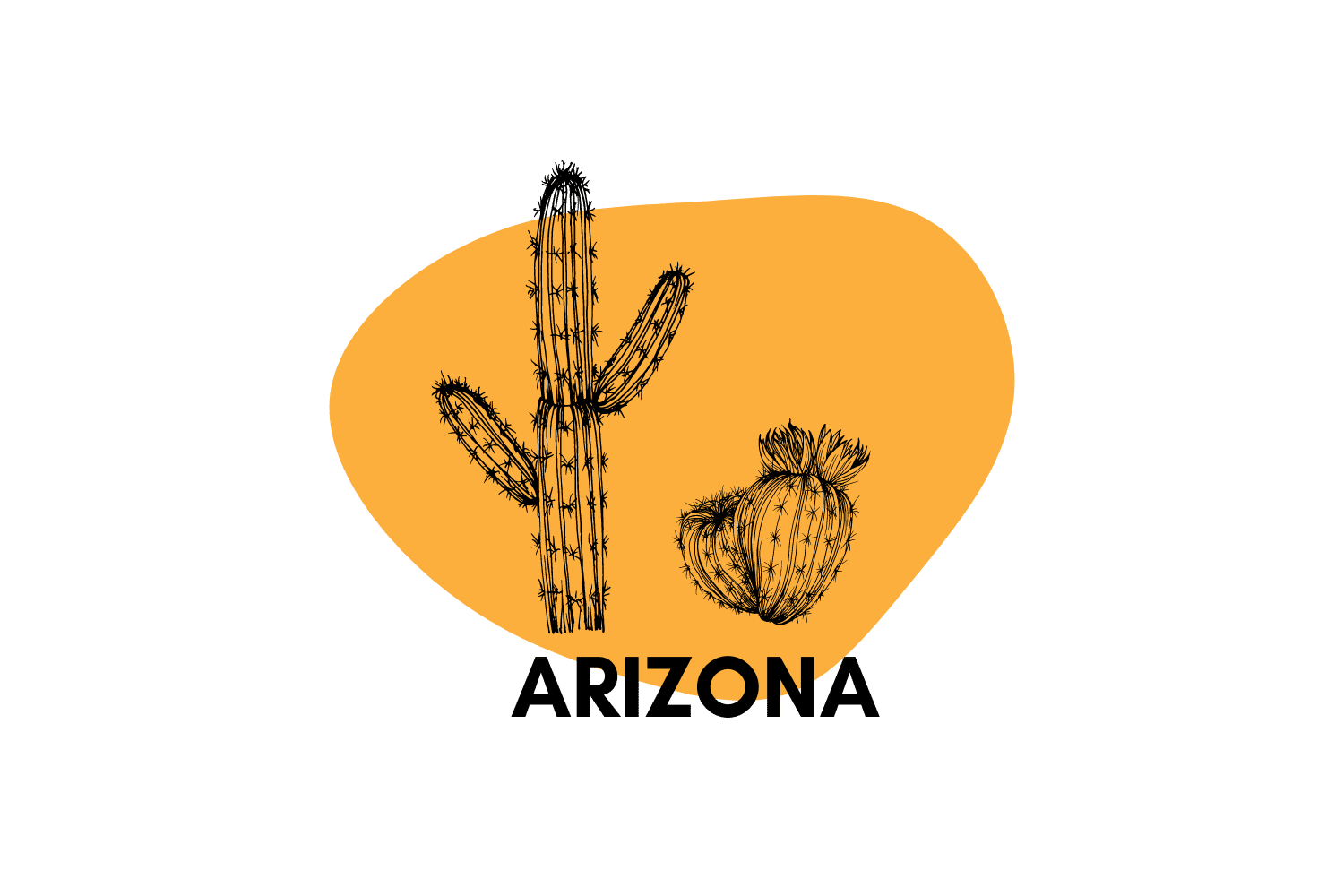Northampton: Another Massachusetts City Supports the Move to Decriminalize Psychedelic Plants
In March 2021, Northampton became the third city in Massachusetts to pass a resolution supporting decriminalizing magic mushrooms and other psychedelic plants.
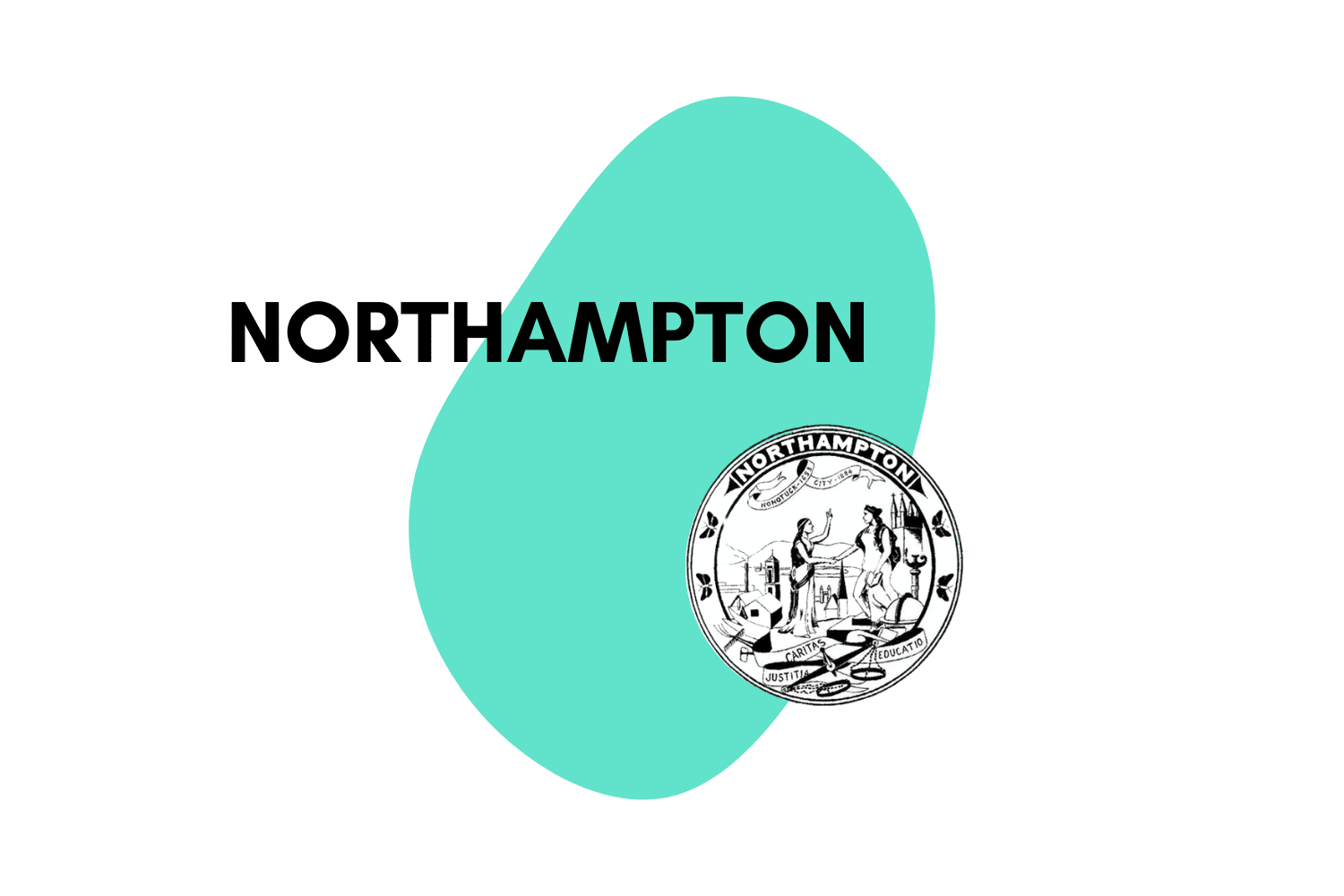
Northampton, Massachusetts is rich in history: Former President Calvin Coolidge was once the mayor. It is the home of Clarke School for the Deaf, where Alexander Graham Bell once taught. Several homes in the northwestern portion of the city were old stops on the underground railroad.
In March 2021, the City Council of this iconic city voted unanimously to approve a resolution supporting decriminalizing “Controlled Substance Possession as well as Cultivation and Distribution of Psychedelic Plants.”
This article unpacks the Northampton resolution and examines what it covers. We will also discuss the health benefits of psychedelics and give you some helpful tips on how to grow your own ‘shrooms.
City Council: “Scientific Evidence” Supports Decriminalization
Northampton resolution R-21.207 maintains that “no City of Northampton department, agency, board, commission, officer or employee of the city, including without limitation, Northampton Police Department personnel, should use any city funds or resources to assist in the enforcement of laws imposing criminal penalties for the use and possession of entheogenic plants by individuals.”
The resolution also maintains that:
- The use and possession of all controlled substances should be understood first and primarily as an issue of public health
- That it should be city policy that the arrest of adults for using or possessing controlled substances shall be among the lowest law enforcement priorities of the city
- The Hampshire County District Attorney ceased prosecution of persons involved in the use, possession, or distribution of entheogenic plants
Ward 7 Councilor Rachel Maiore, co-sponsor of the resolution, says that credible evidence indicates that entheogenic plants can help treat PTSD, depression, and substance abuse disorder. She said it was time to look at these plants in a new light. “It’s also time to get out of the way of breakthrough treatments currently made inaccessible by criminalization,” she added.
According to the resolution, the pandemic created a “resurgence of heroin and opioid overdose deaths and severe depression in Massachusetts communities.” The Council says that entheogenic plants have been shown by scientific evidence to be of significant therapeutic value in treating these mental health concerns.
Northampton follows closely on the heels of Somerville and Cambridge, who passed similar measures at the beginning of the year.
Resolution Non-Binding But Still Has Clout
Like neighboring cities Somerville and Cambridge, the structure of the city government in Northampton only allows the City Council to pass non-binding resolutions. This means that the resolution passed by the City Council cannot direct the police and prosecutors to disregard laws restricting the possession and use of entheogenic plants. They can only suggest that they do so.
At-large councilmember William Dwight, who co-sponsored the resolution with Maiore, said, “We don’t have the authority to direct the police department to these policies. That’s why the word ‘should’ is there.”
However, since the City Council approved the resolution, it has the administration’s support, and codifying it into law is just a formality.
Entheogenic Plants Covered In the Resolution
Entheogenic plants are plants that contain a naturally-occurring psychedelic compound. Plants covered by the resolution and some of their medical benefits include:
Magic Mushrooms (Psilocybin)
Psilocybin is a naturally-occurring psychedelic compound found in over 200 species of molds, yeast, mushrooms, and toadstools. Mushrooms containing psilocybin have been used for hundreds — probably even thousands — of years by societies worldwide for religious, spiritual, and recreational purposes.
A study at Johns Hopkins Medicine concluded that psilocybin, along with supportive psychotherapy, can relieve treatment-resistant depression and anxiety.
Psilocybin has also shown promise in treating:
- Death anxiety
- Anorexia
- Obsessive-compulsive disorder
- Cognitive decline in Alzheimer’s patients
According to Matthew W. Johnson, Ph.D., a professor of psychiatry at Johns Hopkins University and associate director of the Center for Psychedelic & Consciousness Research, “The most promising potential (of psilocybin) is for addiction — smoking, alcoholism, cocaine.”
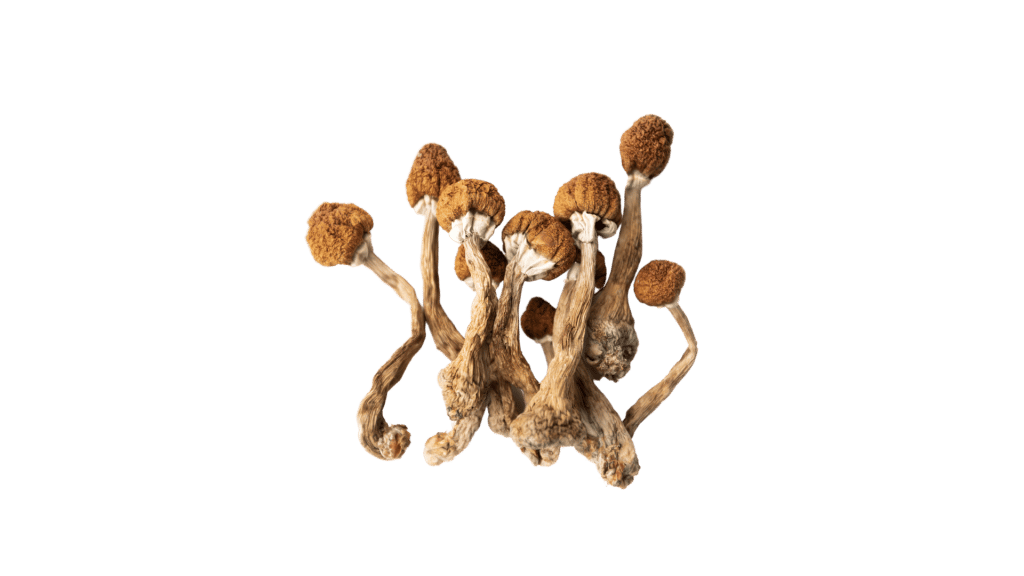
Iboga/Ibogaine
Ibogaine is a psychoactive compound found in the iboga shrub, which grows mostly in central west Africa. Studies have shown it to be effective in treating alcohol, cocaine, and opioid addiction [1].
It has also shown promise in treating:
- Migraine headaches
- Seizures
- Fevers
- Depression
- Neurological disorders
Research by the Multidisciplinary Association for Psychedelic Studies (MAPS) shows that ibogaine has promise as a treatment for easing cravings, reducing withdrawal symptoms, and lowering the risk of relapse in people addicted to a variety of substances.
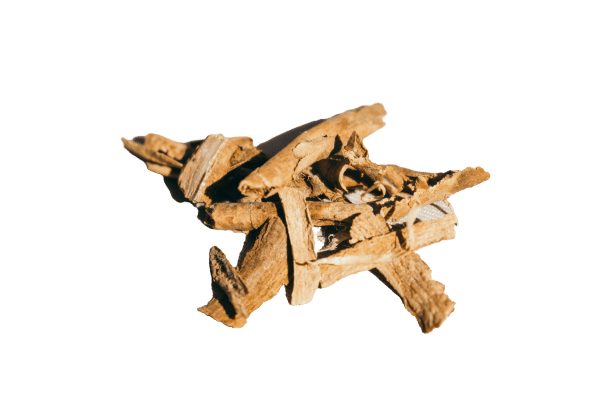
Ayahuasca
Ayahuasca is a brew usually made by boiling the Banisteriopsis caapi vine with the leaves of the Psychotria Viridis shrub. However, it can be made by combining any plant with an MAOI inhibitor with one that contains DMT (dimethyltryptamine).
Studies have demonstrated the potential of ayahuasca to protect brain cells and stimulate neural cell growth. According to research, it can also enhance your mood and increase awareness [2].
Other possible medical benefits include treatment for:
- Cocaine/opioid addiction
- Alcoholism
- Treatment-resistant depression
- PTSD
In a study conducted with 57 people by the National Institutes of Health (NIH), their reported rates of depression and stress significantly decreased after they drank ayahuasca. They all reported that the effects were still significant four weeks later [3].
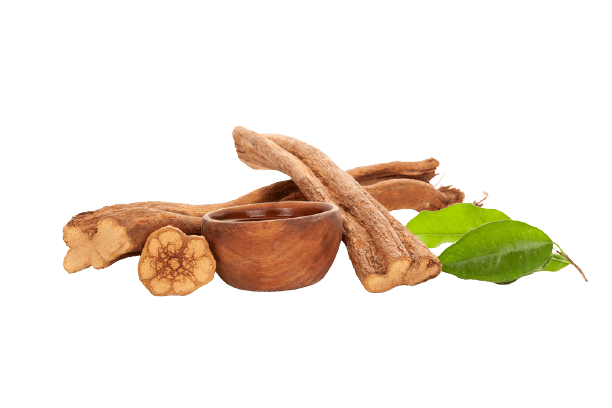
Mescaline/Peyote
Mescaline is a psychoactive compound occurring naturally in a family of cacti native to the southwest United States, Mexico, and South America. These cacti include the Peyote, the San Pedro, and the Peruvian Torch. The Peyote cacti have the highest concentration of mescaline. It is on the federal Schedule I Controlled Substance list and currently can only be legally used and possessed by members of the Native American Church.
Some cities exclude cacti containing Peyote from their list of decriminalized entheogenic plants. Indigenous and native cultures fear decriminalizing them will decrease the availability of mescaline for their religious services. However, the Northampton resolution includes cacti containing mescaline.
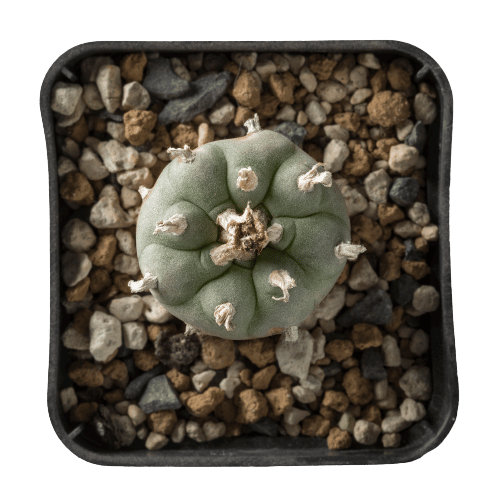
Resolution Does Not Support Commercial Sales
The Northampton resolution to support the decriminalization of entheogenic plants and fungi does not “authorize or enable” commercial sales of entheogenic plants and fungi, possessing or distributing them on school grounds or driving or public disturbances while under the influence of them.
Decriminalization vs. Legalization
All of the entheogenic plants and fungi listed in the Northampton resolution are on the federal Schedule I Controlled Substances list. This means that they are illegal in all 50 states.
To decriminalize a Schedule I Controlled Substance is to make it the city’s lowest law enforcement priority. City police and prosecutors are directed not to use any city funds to arrest or prosecute people violating laws restricting the possession and use of the substance.
To legalize a substance is to nullify all of the legal penalties associated with its possession and use.
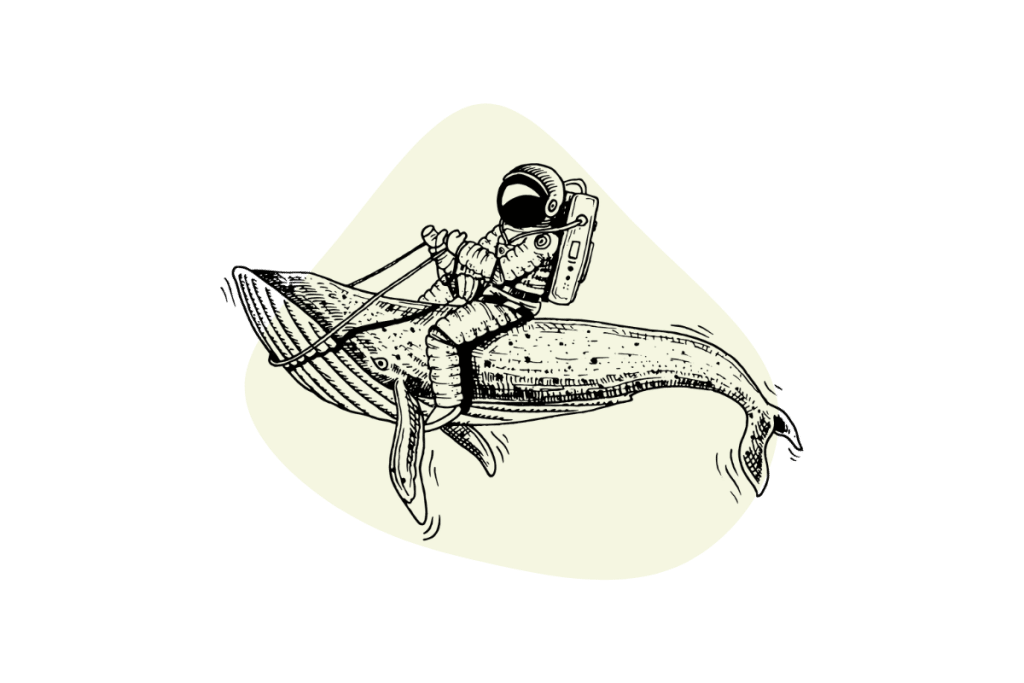
Where Can I Buy Magic Mushrooms in Northampton?
You cannot buy magic mushrooms in Northampton, or anywhere else in the country, for that matter. As mentioned above, psilocybin, the psychoactive compound in the mushrooms, is on the federal list of Schedule I Controlled Substances and is, therefore, illegal in all 50 states.
Grow Your Own Magic Mushrooms
However, since magic mushroom spores contain no psilocybin, they are available for sale online. The spores come in two preparations: spore syringes and spore prints. They sell for $15-$30 each.
If you live where entheogenic plants and fungi have been decriminalized, you can use the spores to grow your magic mushrooms. There are two ways to do this: use a mushroom grow kit or grow them from scratch.
Mushroom Grow Kit
Mushroom grow kits contain everything you need to grow your magic mushrooms. The basic kits start at around $50. There are more expensive kits for more upscale operations. It will take roughly 4-6 weeks, depending on what kind of magic mushrooms you plan to grow.
Some advantages to using a mushroom grow kit:
- Low maintenance — Very easy to care for. Just add the spores to the kit, place it in a well-lit area away from direct sunlight, and water lightly once or twice a day.
- Cost-effective — An “average” dose of magic mushrooms — 2 ½ to 3 grams — can cost between $20-$40. Magic mushroom spore syringes and prints will yield 50 grams or more of magic mushrooms. This will return your investment in the kit and the spores several times over with your first crop.
- Safe — If you purchase the kit and spores from reputable vendors, you don’t have to worry about contaminants. You can avoid the black market and won’t have to find them in the wild, both of which can be hazardous to your health.
Mushroom grow kits can contain molds and fungi that can destroy or contaminate the mushrooms, so always purchase your kit from a reputable vendor.
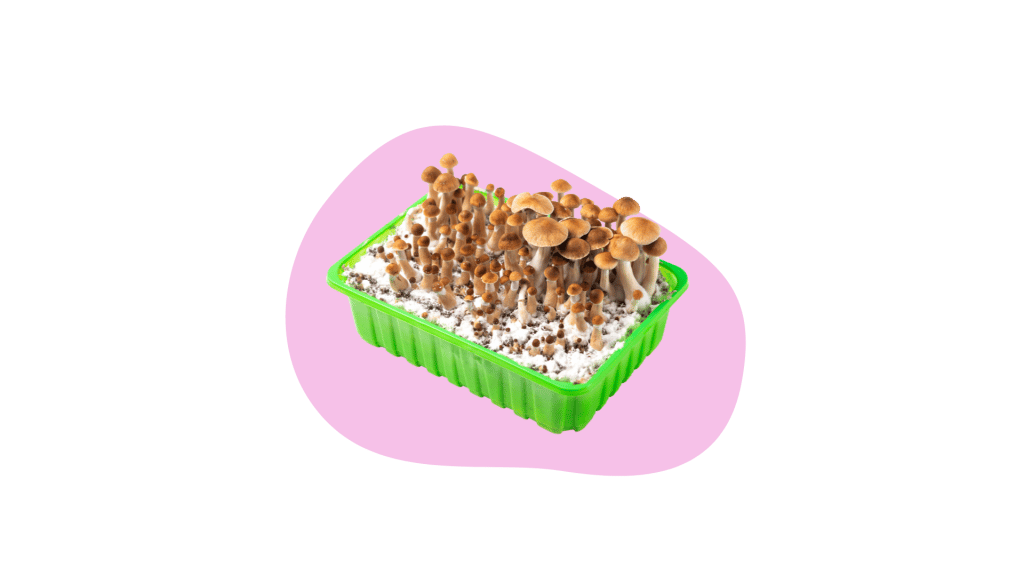
Growing Magic Mushrooms From Scratch
Growing magic mushrooms from scratch will produce more magic mushrooms than a mushroom grow kit, but it requires a lot more work. Many of the supplies are household items, but you will still need to make about a $200 investment in the project.
There may be a lot of work involved, but growing magic mushrooms from scratch is a relatively easy process. Easy, but not simple. You must follow the detailed instructions to the letter. For a safe and successful operation, ensure your instructions come from a reliable source.
Better Safe Than Sorry
If you live in a city where magic mushrooms have been decriminalized, you can grow them with impunity. However, this becomes much riskier if you live in a city that has only passed a resolution to support decriminalization. Even though it’s likely that the police and prosecutors support the resolution or will abide by it, be safe and check to make sure.
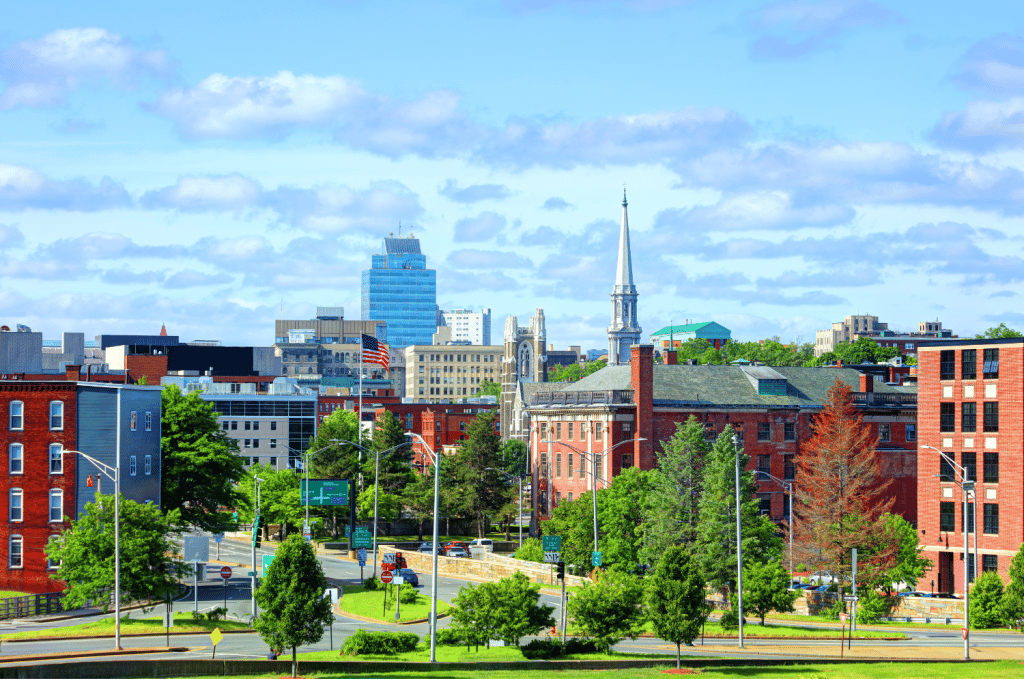
The Future of Psychedelics in Massachusetts
Northampton has joined forces with Bay Staters for Natural Medicine, Somerville, and Cambridge to show support for two Massachusetts state bills relative to the decriminalization of entheogenic plants and fungi.
One of them, HD 3829, introduced by Rep. Mike Connolly (D), calls for a task force to ‘compile and review research regarding the physiological and psychological effects of entheogenic plants and fungi. It would also collect information and testimonies on the experiences of other cities that have decriminalized possession to understand their “harm-reduction strategies.”
The other, HD 3439, which is also sponsored by Connolly and co-sponsored by representative Liz Miranda (D), seeks to lower the punishment for possession of controlled substances to a civil fine of ‘not more than $50, or a choice to participate in a “needs screening to identify health and other service needs.”
Resident Ben Bensonoff, who collaborated with Dwight and Maiore on the resolution, says he was “really surprised” by the positive reception the resolution got from the City Council. “Drugs have historically been a non-starter for politicians, but cannabis changed that, I think,” he added.
Bensonoff says he believes that the positive experience the city has had with cannabis — which was legalized in Massachusetts in December 2016 — made the City Council more open to the idea of decriminalizing magic mushrooms.
References
- Brown, T. K. (2013). Ibogaine in the treatment of substance dependence. Current drug abuse reviews, 6(1), 3-16.
- Frecska, E., Bokor, P., & Winkelman, M. (2016). The therapeutic potentials of ayahuasca: possible effects against various diseases of civilization. Frontiers in pharmacology, 7, 35.
- Uthaug, M. V., Van Oorsouw, K., Kuypers, K. P. C., Van Boxtel, M., Broers, N. J., Mason, N. L., … & Ramaekers, J. G. (2018). Sub-acute and long-term effects of ayahuasca on affect and cognitive thinking style and their association with ego dissolution. Psychopharmacology, 235(10), 2979-2989.

